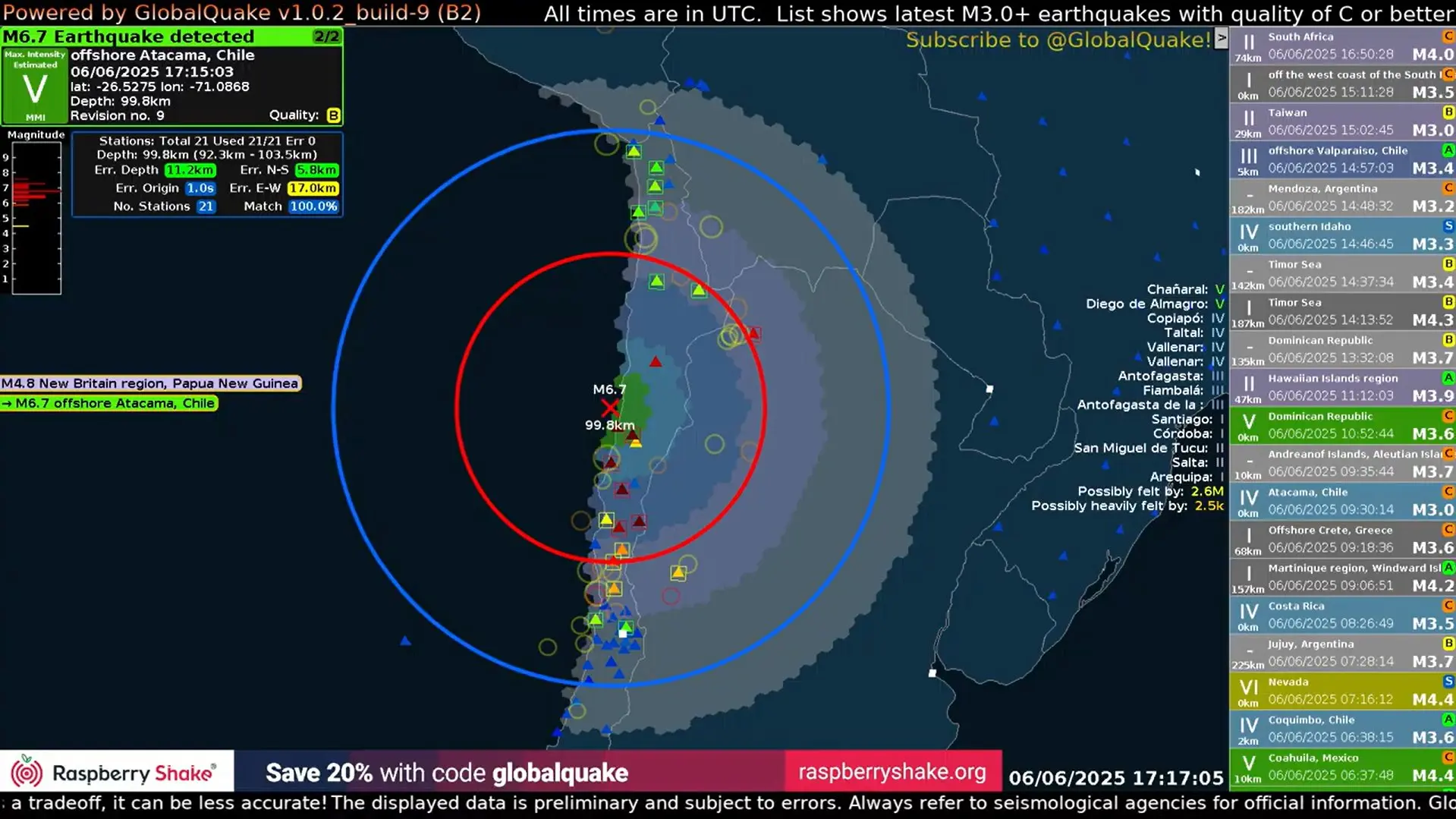Chile: Mapuche Leader Julia Chuñil Remains Missing After Six Months

X/ @Juan_Humanista
May 9, 2025 Hour: 1:45 pm
The Boric administration has shown passivity and sluggishness in the investigation of this case.
On Thursday, social activists held protests demanding concrete action from the Chilean state in the case of Julia Chuñil Catricura, a Mapuche land defender and president of the Putreguel community in the Los Rios Region, who disappeared six months ago.
RELATED:
Bedouins and Mapuches: One Fight for Land and Identity
The 72-year-old woman has become a symbol in the Mapuche people’s struggle to recover their ancestral lands and protect native forests. Before her disappearance on November 8, 2024, she led a fierce resistance against the logging of 900 hectares of forest in Mafil, a territory that agroforestry companies are attempting to take from Indigenous communities.
On several occasions, Chuñil had denounced threats, harassment, and pressure to abandon the struggle. In one of her last public statements, she warned: “If something happens to me, you already know who is responsible.”
The mobilizations on May 8, which included gatherings in Valparaiso City’s Anibal Pinto Square, add to growing pressure on the administration of President Gabriel Boric, which has shown passivity and sluggishness in the investigation of this disappearance.
Chuñil’s family, represented by her son Pablo San Martin and attorney Mariela Santana, have denounced irregularities in the investigative process, such as the failure to secure the crime scene and the complete lack of judicial action against the businessman identified by the family as the main suspect.
“The Prosecutor’s Office has not respected human rights protocols. They raided Julia’s home more aggressively than the suspect’s residence,” stated Santana, who also pointed to a possible collusion between institutions and private companies to obstruct the case.
Chuñil’s disappearance is not an isolated incident. Various organizations have documented dozens of similar cases involving environmental defenders who have gone missing or been murdered in recent decades in Chile.
The cases of Macarena Valdes in 2016 and Emilia Herrera in 2021, for example, stand out as precedents in a pattern of criminalization and violence against Indigenous leaders. As a result, the Chilean state has been the subject of international complaints.
The United Nations Committee on Enforced Disappearances even sent an urgent action request to the Chilean state, which was rejected by the Boric administration—sparking further outrage within Indigenous communities.
The implementation of the Escazu Agreement, signed by Boric in 2022, could be a key tool to ensure real protection mechanisms for environmental defenders. However, this has not materialized, and violations of Indigenous peoples’ rights continue.
“Where is Julia Chuñil?” is a question that can no longer be ignored, assert Mapuche communities, feminist organizations, nature defenders, and human rights activists in Chile.
teleSUR/ JF
Source: Resumen Latinoamericano






